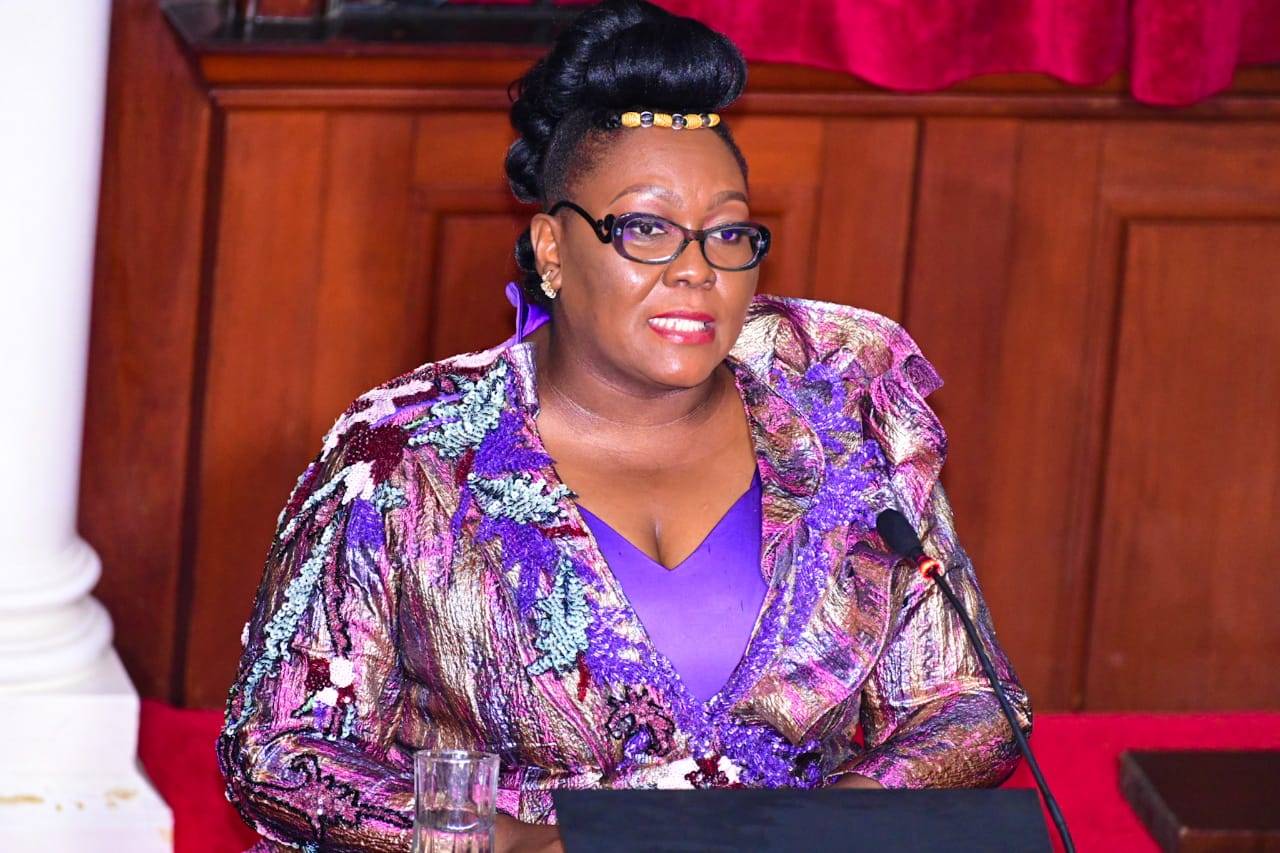News
The Strain of Healthcare in KZN: Simelane Confronts the Issue of Illegal Migrants in Hospitals

At the launch of the South African Medical Association’s KwaZulu-Natal branch this past weekend, provincial Health MEC Nomagugu Simelane stepped into one of the country’s most polarising debates: the access of undocumented foreign nationals to South Africa’s already overburdened healthcare system.
Speaking frankly, Simelane acknowledged that KwaZulu-Natal’s hospitals and clinics are stretched thin. The province allocates resources for roughly 12 million residents, yet facilities are serving what she estimates to be more than 15 million people. That gap, she explained, is largely due to undocumented foreign nationals seeking care alongside locals.
“The truth of the matter is that illegal immigrants in the country are draining our resources,” Simelane told attendees. “But at the same time, the Constitution does not allow us to turn away anyone who is sick.”
Balancing Rights and Resources
Her comments highlight a national dilemma: the clash between human rights obligations and financial realities. South Africa’s Constitution guarantees access to healthcare for all, yet the cost of servicing undocumented migrants often fuels public anger.
Simelane stressed that while communities are right to voice frustration, harassment at clinic gates or inside wards cannot be tolerated. “It cannot be allowed for patients to be stopped at the entrance and asked to show their IDs before receiving care. Nor can protesters be allowed to intimidate sick people already in queues,” she said.
Doctors Weigh In
Dr Zanele Bikitsha, chairperson of SAMA in KwaZulu-Natal, responded by reminding colleagues of the Hippocratic oath. “When you qualified as a doctor, you swore to serve all. That oath did not make exceptions for nationality or ethnicity,” she said.
Bikitsha also noted that undocumented migrants are not the only strain on resources. Some South Africans with private medical aid use public facilities without declaring it, depriving hospitals of money that could be recovered for essential supplies.
A Wider Conversation
Simelane confirmed that National Health Minister Joe Phaahla is in discussions with organisations concerned about the issue, with policy guidance expected soon. Meanwhile, she urged communities to continue expressing themselves lawfully while trusting the government to find workable solutions.
The debate over undocumented migrants in public healthcare is not new in South Africa. It mirrors wider frustrations over unemployment, housing, and access to social services. What makes it particularly sensitive in KwaZulu-Natal is the scale of the problem: a province already stretched by poverty, high patient numbers, and frequent service delivery protests.
For now, the MEC’s message was clear. Patients must be treated with dignity. Healthcare workers must be protected. And government must find a balance between rights and resources in a system under enormous pressure.
Also read: Soweto family mourns e-hailing driver Siyanda Mvelase after brutal killing
Follow Joburg ETC on Facebook, Twitter, TikTok and Instagram
For more News in Johannesburg, visit joburgetc.com
Source: IOL
Featured Image: News24























